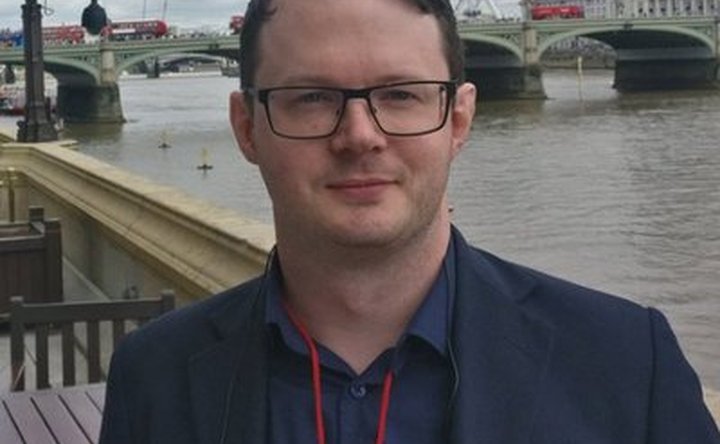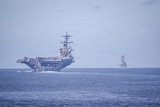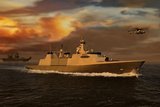UK feeling the maritime pressure at home and abroad
With Northern Ireland-based shipbuilders Harland and Wolff (H&W) entering administration, the notion of a revitalised UK naval manufacturing capability has taken another blow following the announcement earlier in the year of the drawdown and closure of Babcock’s Appledore facility.
Shipbuilding has formed a central theme around UK defence commentary for a number of years, particularly with the apparent need to rejuvenate the sector as outlined in Sir John Parker’s report to the UK government in 2016, much of which was endorsed by Whitehall.
This report suggested shipyards that had not had much in the way of work from the UK
Already have an account? Log in
Want to keep reading this article?
More from Naval Warfare
-
![Spain’s F100 upgrade mirrors Aegis modernisation paths in allied navies]()
Spain’s F100 upgrade mirrors Aegis modernisation paths in allied navies
The Spanish Navy’s Alvaro de Bazan-class of air defence frigates will receive the latest Aegis Weapon System technology among other modernisations to extend the service life to 2045.
-
![UK’s Fleet Solid Support ship programme deemed on track despite steel supply concerns]()
UK’s Fleet Solid Support ship programme deemed on track despite steel supply concerns
Shipbuilders are saying the programme is going ahead on time as the government estimates 7.7 million tonnes of steel are needed for 2026 infrastructure projects.
-
![As Indonesia doubles up its order, who else is looking at the Arrowhead 140 frigate design?]()
As Indonesia doubles up its order, who else is looking at the Arrowhead 140 frigate design?
The adaptable design of Babcock’s Arrowhead 140 frigate, already selected by the UK Royal Navy and Poland, has led to more orders from Indonesia while other countries continue to weigh it up.





















